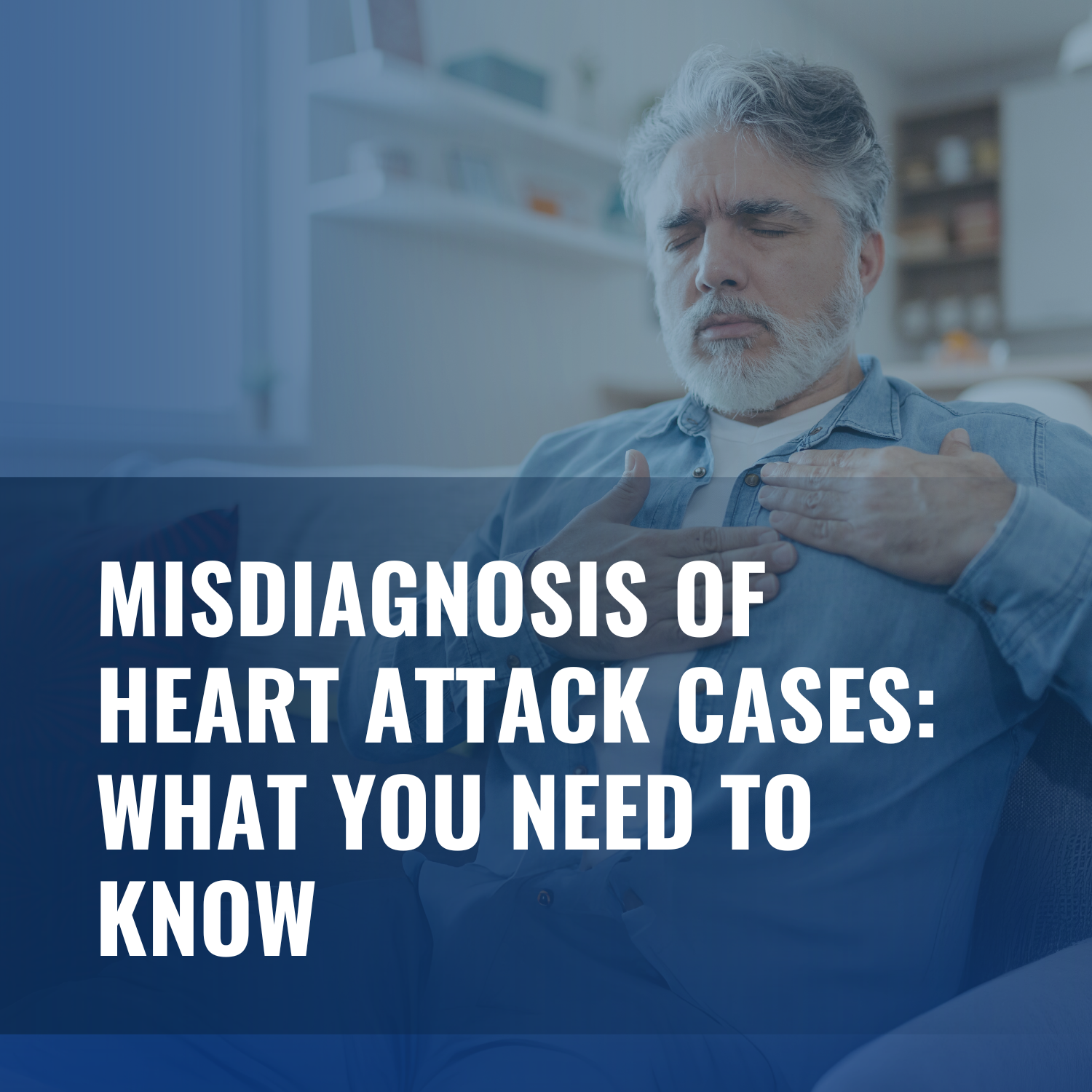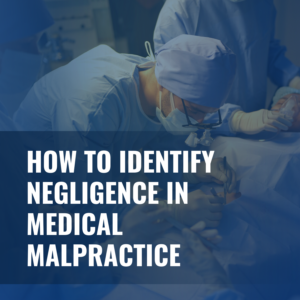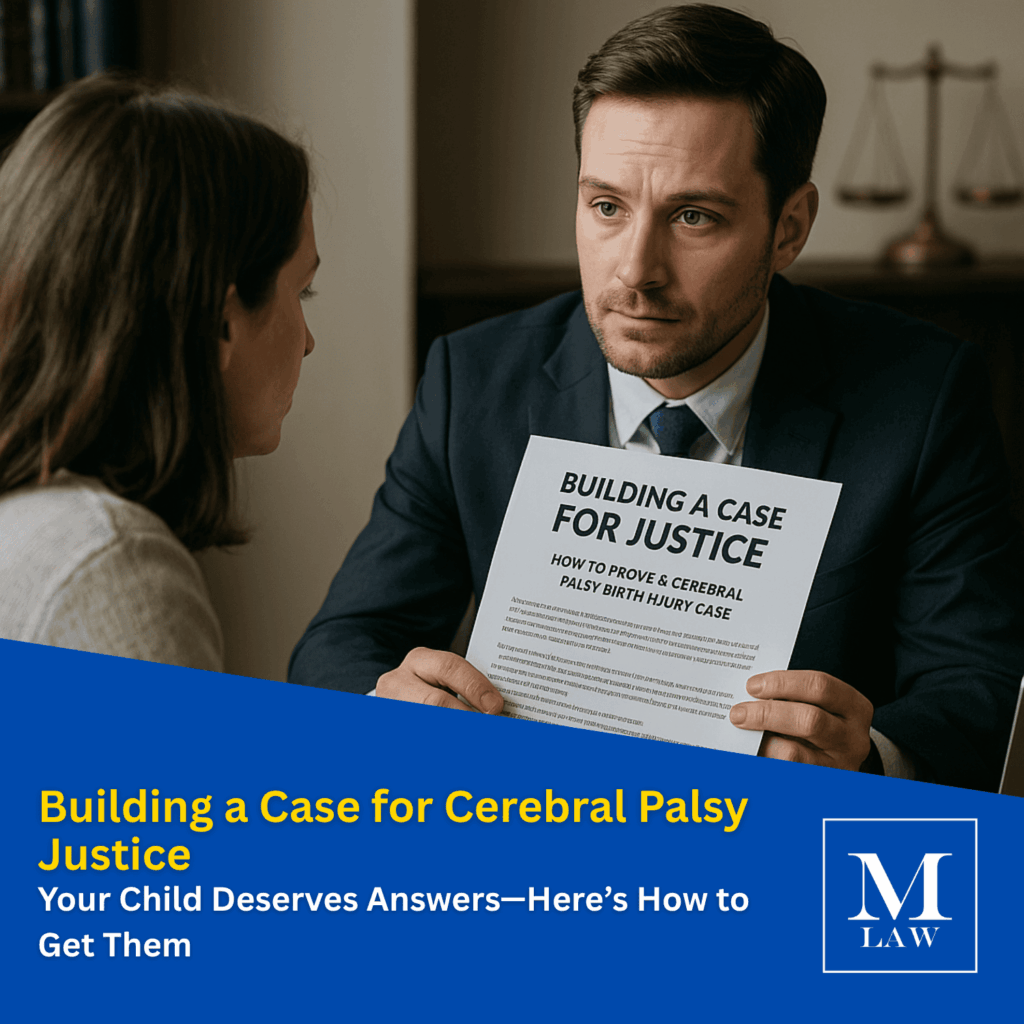Heart attacks, or myocardial infarctions, are life-threatening medical emergencies that demand immediate attention. Every second counts when saving lives and preventing severe complications. Unfortunately, not all heart attacks are diagnosed promptly or correctly. Misdiagnosis of heart attacks can have devastating consequences, often leaving patients with permanent damage or resulting in wrongful death.
At Merson Law, we are committed to helping individuals and families affected by medical malpractice, including heart attack misdiagnosis cases, seek justice and fair compensation.
Understanding Heart Attack Misdiagnosis
Heart attacks occur when blood flow to the heart is blocked, often by a clot, depriving the heart muscle of oxygen. The classic symptoms—chest pain, shortness of breath, and sweating—are well-known, yet heart attacks are surprisingly misdiagnosed frequently. Studies show that women, younger individuals, and those with atypical symptoms are particularly at risk of being misdiagnosed.
Medical professionals may mistake a heart attack for less critical conditions such as:
- Anxiety or panic attacks: Overlapping symptoms, such as chest tightness or rapid heartbeat, can lead to confusion.
- Acid reflux or indigestion: Pain in the chest or upper abdomen might be misattributed to gastrointestinal issues.
- Muscle strain: Chest discomfort could be seen as a musculoskeletal problem rather than a cardiac event.
Misdiagnosis delays treatment, leading to severe complications, including permanent heart damage, other organ failure, or death.
Why Does Heart Attack Misdiagnosis Happen?
Heart attack misdiagnoses occur for various reasons, many of which involve negligence or errors in the healthcare system. Here are the most common causes:
1. Failure to Recognize Atypical Symptoms
Not all heart attack patients experience the “classic” crushing chest pain. Women, for example, may have subtler symptoms, such as fatigue, nausea, or jaw pain. Younger patients may also exhibit nontraditional signs. When healthcare providers overlook these differences, they risk missing critical diagnoses.
2. Incomplete or Inaccurate Medical History
Emergency room physicians often work under high-pressure conditions. If they fail to gather a complete medical history or listen carefully to the patient’s account of symptoms, critical warning signs might be missed.
3. Misinterpretation of Diagnostic Tests
Diagnostic tools like electrocardiograms (ECGs) or blood tests for cardiac biomarkers are essential for identifying heart attacks. However, misreading an ECG or failing to order appropriate tests can result in a missed diagnosis.
4. Healthcare System Overload
Emergency departments are often overwhelmed, leading to rushed evaluations and errors. Physicians and staff may not have the time or resources to provide thorough assessments.
5. Implicit Bias
Unconscious biases, such as assuming women are less likely to have heart attacks or attributing symptoms in younger patients to stress, can contribute to misdiagnosis.
The Consequences of Misdiagnosing a Heart Attack
When a heart attack is not diagnosed promptly, the outcomes can be catastrophic. Some of the most severe consequences include:
- Delayed Treatment: Quick intervention is critical in heart attack cases. Delayed treatments such as angioplasty or clot-dissolving medications can lead to extensive damage to the heart muscle.
- Permanent Disability: Misdiagnosis can leave patients with long-term cardiac problems, such as congestive heart failure or reduced heart function.
- Wrongful Death: Tragically, many misdiagnosed heart attack cases result in death that could have been avoided with proper medical care.
Beyond physical harm, victims and their families often face emotional trauma, loss of income, and mounting medical expenses.
Legal Options for Victims of Heart Attack Misdiagnosis
If you or a loved one has suffered due to a heart attack misdiagnosis, you may have grounds to pursue a medical malpractice lawsuit. At Merson Law, we specialize in holding healthcare providers accountable for their negligence.
What Constitutes Medical Malpractice?
To prove medical malpractice, your legal team must demonstrate the following:
- Duty of Care: The healthcare provider had a duty to provide competent medical care.
- Breach of Duty: The provider failed to meet the standard of care expected in their profession.
- Causation: The misdiagnosis directly caused harm, such as delayed treatment or permanent injury.
- Damages: The victim suffered measurable losses, including medical expenses, lost wages, or pain and suffering.
Examples of Heart Attack Misdiagnosis Cases
- A 40-year-old woman visits the ER with nausea and jaw pain but is discharged with a diagnosis of acid reflux. Hours later, she suffers a fatal heart attack.
- A man experiencing chest tightness is told he has anxiety and sent home. Days later, he returns to the hospital with extensive heart damage caused by an untreated heart attack.
- An ECG is performed but misread by a physician, leading to a delayed diagnosis and severe complications for the patient.
What Compensation Can You Receive?
Victims of heart attack misdiagnosis or their families may be entitled to compensation for:
- Medical Expenses: Coverage for hospital stays, surgeries, medications, and rehabilitation.
- Lost Income: Compensation for lost wages and reduced earning capacity.
- Pain and Suffering: Damages for physical pain and emotional distress.
- Wrongful Death: In cases of fatal misdiagnosis, families may seek compensation for funeral expenses, loss of companionship, and loss of financial support.
How Merson Law Can Help
At Merson Law, we understand the devastating impact that medical malpractice can have on individuals and families. With extensive experience in handling high-profile cases, we provide compassionate yet aggressive representation to ensure our clients receive the justice they deserve.
Our team works with leading medical experts to investigate claims, identify negligence, and build strong cases. We handle every aspect of the legal process, so you can focus on healing.
Steps to Take If You Suspect Misdiagnosis
If you believe you or a loved one has been a victim of heart attack misdiagnosis, take these steps to protect your rights:
1. Seek Immediate Medical Attention
If symptoms persist, visit another healthcare provider or facility for a second opinion. Your health is the top priority.
2. Gather Documentation
Collect all medical records, test results, discharge instructions, and bills related to your care. These documents will be critical in building your case.
3. Consult a Medical Malpractice Lawyer
An experienced attorney can evaluate your claim, advise you on your legal options, and guide you through the process of filing a lawsuit.
4. Act Quickly
Medical malpractice claims are subject to strict statutes of limitations, which vary by state. Delaying action could jeopardize your ability to seek compensation.
Preventing Heart Attack Misdiagnosis
While medical malpractice cannot always be avoided, patients can take steps to reduce the risk of misdiagnosis:
- Be Honest and Thorough: Provide your healthcare provider with a complete history of symptoms, lifestyle factors, and family medical history.
- Ask Questions: Don’t hesitate to ask for clarification or request additional tests if you feel your symptoms aren’t being taken seriously.
- Advocate for Yourself: If something doesn’t feel right, seek a second opinion. Trust your instincts.
Conclusion
Heart attack misdiagnosis is a grave issue that can lead to life-altering consequences or tragic loss of life. If you or a loved one has suffered due to a healthcare provider’s negligence, you have the right to seek justice. At Merson Law, we are dedicated to advocating for victims of medical malpractice and helping them achieve the compensation they need to rebuild their lives.
Contact us today for a free consultation to discuss your case. Your health, your family, and your future are too important to leave to chance.








